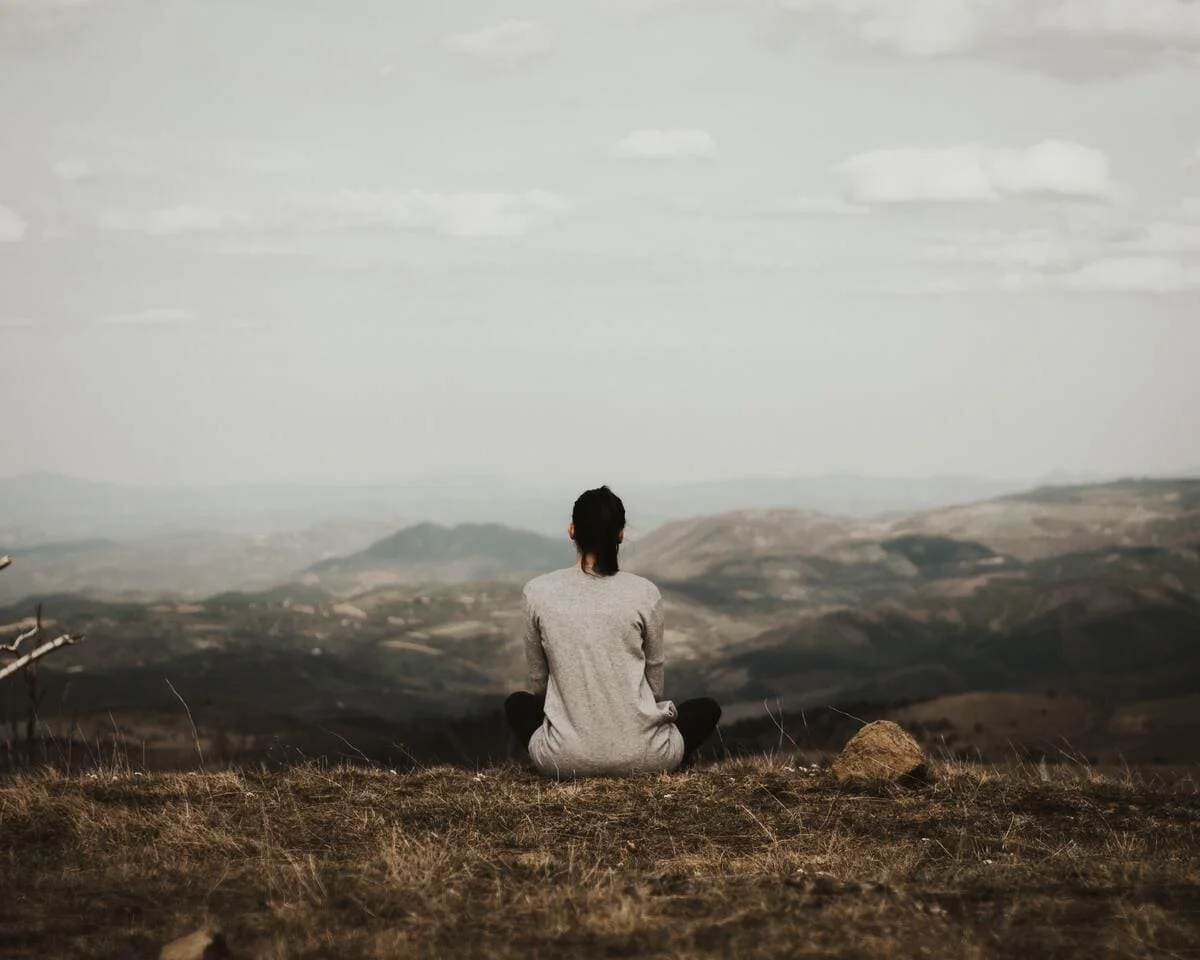Dealing with a substance abuse problem is hard, and the path to recovery can feel like a long and winding road. Whether the recovery journey is a personal one or that of a close loved one, ways to possibly speed up the recovery journey are likely to be welcomed. By focusing on mindfulness, or the practice of fully attuning ourselves to the singular present moment, we can find ways to help support ourselves or our loved ones on the journey to recovery.
How Mindfulness Can Help Recovery from Substance Abuse
By focusing on these five mindfulness strategies, we can help ourselves or those we love to cope with the difficulties of the recovery journey:
Meditation & Yoga
Organizations & Routines
Social connection
Healthy Diet & Exercise
The Act of Mindfulness
Meditation & Yoga
These ancient practices of meditation and yoga have deep spiritual roots and significance. In modern times we can use these ancient arts to fortify our neurocognitive wellbeing by reducing our stress and anxiety levels while training our brain to handle daily stressors better.
Research suggests that “mind-body” exercises, specifically exercises that increase circulation, flexibility, and bodily awareness, stimulate the brain in ways that soothe anxiety. Yoga has also been shown to be an effective supplemental therapy for chronic pain conditions, which can provide an alternative outlet for substance usage.
There are many forms of meditation. Feel free to pick the one that appeals to you the most, as any of them can help step up your recovery from addiction. Meditation can help you by stimulating activity within the prefrontal cortex which becomes underactive during withdrawal, while also increasing respiration and blood oxygen levels. When you take a deep breath, you’re activating the Sympathetic Nervous System’s natural production of adrenaline, which speeds up your heart rate. The resulting exhale activates the Parasympathetic Nervous System’s ability to slow down your heart rate. The change in the pace of your heartbeat is called Heart Rate Variability (HRV), and a healthy HRV is critical for naturally regulating stress and anxiety. Additionally, meditation can teach the brain to produce endorphins and other happiness-boosting hormones without using any outside substances. Reducing stress and anxiety, and improving bodily function, can remove triggers of substance use.
Organizations & Routines
Creating organizations and daily routines can be positive for both your overall mental wellbeing and stepping up your recovery journey. Having an enjoyable and predictable daily routine lowers cortisol and stress levels. While important, the real value of having a routine is creating positive mental associations with the processes of your recovery journey.
Suppose mindfulness and other recovery hacks are only being used in stressful situations to reduce your stress response. In that case, it won’t be long before your brain begins to associate these, or any other, recovery routines only with stressful situations. This is a natural survival response. The brain is very malleable and quickly creates associations with events and activities, with the goal being to identify and avoid stressful ones as early as possible.
You’ll subconsciously associate your recovery routine with positive mental well-being by incorporating positive mental health practices into your daily life.
Social Connection
Supportive social connections are among the fundamental building blocks for mental well-being. Both in helping to make the move toward treatment, as well as continuing to stay committed to the recovery journey, strong social connections can be vital in overcoming addictions.
Social connections are commonly cited in “Blue Zones” as a key factor to happiness, longevity, and a sense of purpose. Blue Zones are found in several spots around the world and get their name from the extreme longevity of the people who live there. The longest-lived people on Earth can be found in Blue Zones.
Social connections can reduce stress, which some people cite as a trigger point for their substance cravings. Socializing fulfills a human evolutionary need and boosts happiness. It can even have long-lasting impacts on a person’s overall health and well-being. The more quality social connections available also increase the number of supporting and loving voices that can help a person along their journey to recovery.
Healthy Diet & Exercise
When the body is running with proper vitamins, minerals, and overall nutrition, it can reduce the possibility of desire for additional substances to create a feel-good sensation. Proper nutrition can be incorporated into a healthy daily routine which can help provide structure and reduce cortisol levels.
Exercise provides a positive outlet for excess energy and causes the brain to release endorphins, which are a natural feel-good chemical. By supporting healthy physical health, we can help the brain create these feel-good sensations naturally while providing a productive outlet. A primer on exercise would be beyond the scope of this article. However, if you can, try to focus on resistance-based exercises. While NEPA (non-exercise physical activity) is excellent for general health and circulatory benefits, resistance training creates the endorphin and hormonal release that can help support recovery.
The Act of Mindfulness
Mindfulness is more than just an end. It’s also a means to the same end. Focusing on being fully present and attentive in every moment of life creates the bedrock upon which to build the other hacks. Imagine being outside on a walk on a beautiful sunny day, the smell of flowers permeating the air, the gentle breeze breaking up the summer heat. By feeling that moment in its entirety, you’re reducing stress and anxiety, meditating within the moment, spurring prefrontal cortex stimulation, and maybe even finding something to add to your gratitude journal.
Learning to be present in the moment is difficult and takes considerable practice, but like recovery from addiction, it can be done.
Seeking Additional Care
If you’d like to expand the support circle for you or a loved one, contact The Walker Center to get help now.



